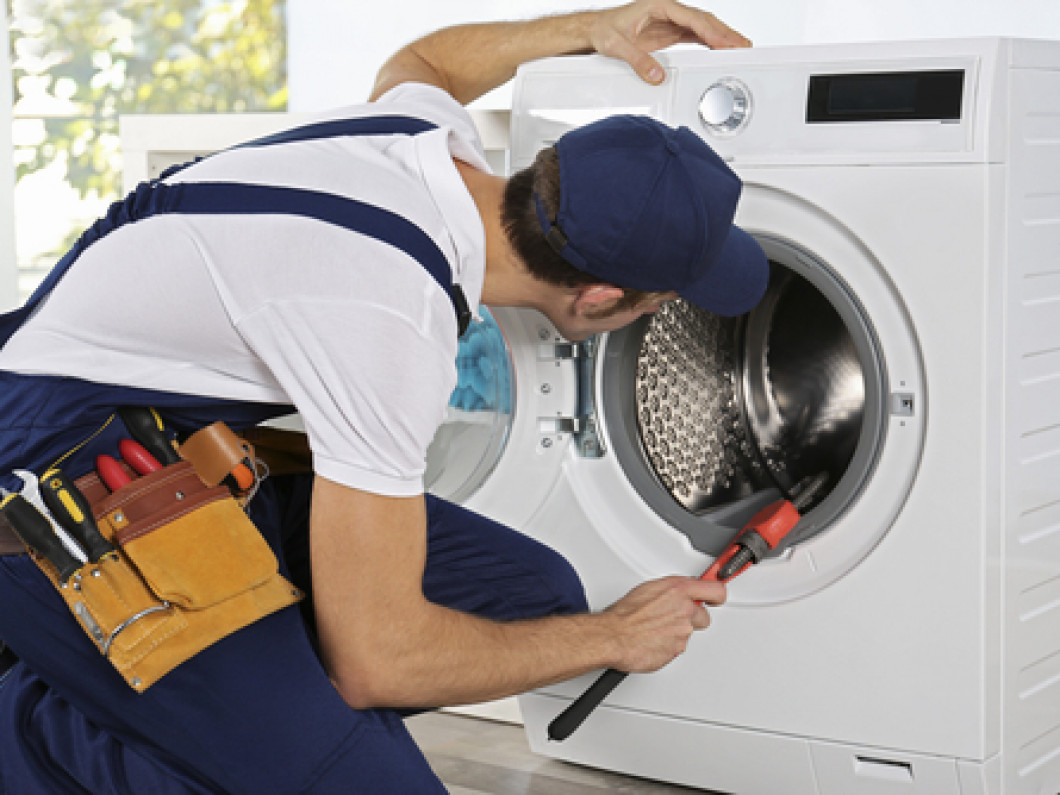Urology Tips for Men: Diet, Exercise, and Lifestyle Advice
Maintaining optimal urological health is crucial for overall well-being, particularly as men age. From urinary tract health to prostate care, understanding the basics can prevent complications and enhance quality of life. In this guide, we’ll share practical and insightful urology tips for men to help maintain health, vitality, and confidence at every stage of life. For the full story, read here.
One of the foundational urology tips for men is to prioritize hydration. Drinking plenty of water helps flush out toxins, supports kidney function, and reduces the risk of urinary tract infections and kidney stones. Men should aim for at least 8 glasses of water per day, adjusting for activity level and climate. Avoiding excessive caffeine and alcohol can also support better urinary health by preventing dehydration and bladder irritation.
Diet plays a vital role in urological health, and incorporating this into your routine is one of the most effective urology tips for men. Foods rich in antioxidants, fiber, and healthy fats—like berries, leafy greens, nuts, and fatty fish—support prostate health and reduce inflammation. Reducing red meat and processed food intake is equally important, as these have been linked to increased risk of prostate issues.
Regular exercise is another key component among essential urology tips for men. Physical activity not only helps maintain a healthy weight but also improves circulation, hormone balance, and immune function. These factors collectively reduce the risk of conditions such as erectile dysfunction, benign prostatic hyperplasia (BPH), and even some forms of cancer. Even moderate activity like brisk walking for 30 minutes a day can make a significant difference.
Routine checkups with a healthcare provider are often overlooked but are among the most critical urology tips for men. Regular screening for prostate cancer, testicular abnormalities, and kidney function ensures early detection and treatment of potential issues. Men over 50, or those with a family history of urological diseases, should be especially proactive in discussing these concerns with their doctor.
Understanding your body and recognizing warning signs is a powerful tool among urology tips for men. Changes in urinary habits, such as frequent urges, pain, weak stream, or blood in the urine, should never be ignored. Likewise, symptoms like pain in the lower abdomen or testicles, or unexplained fatigue, warrant immediate medical attention. Early intervention can prevent minor issues from becoming serious health problems.
Sexual health is a central aspect of urological care, and proactive steps in this area are essential urology tips for men. Erectile dysfunction (ED), while common, can be an early indicator of underlying cardiovascular issues. Open communication with your doctor about performance concerns, libido, or ejaculation issues ensures you’re not only addressing symptoms but also uncovering possible root causes.
Sleep is often overlooked in discussions about men’s health, yet quality rest is a subtle but effective area of urology tips for men. Poor sleep affects hormone production, immune function, and kidney regulation. Men with sleep apnea or chronic insomnia are at increased risk for hypertension and other urological complications. Prioritizing sleep hygiene can indirectly support overall urological health.
Stress management deserves attention in the context of urology tips for men. Chronic stress elevates cortisol, disrupts hormone levels, and can lead to behaviors that harm urological health, such as smoking or poor diet. Incorporating relaxation techniques like meditation, yoga, or simply regular downtime can make a measurable difference in both mental and physical wellness.
Avoiding smoking and limiting alcohol use are classic but still crucial urology tips for men. Smoking is a known risk factor for bladder cancer and can also contribute to erectile dysfunction by damaging blood vessels. Heavy alcohol use can irritate the bladder and interfere with hormone levels, compounding urological challenges. Choosing a smoke-free lifestyle and moderate drinking can have long-term benefits.
Another important yet often neglected area of urology tips for men is pelvic floor health. Strengthening these muscles through targeted exercises—commonly known as Kegels—can improve bladder control, reduce incontinence, and enhance sexual function. These exercises are simple, discreet, and effective for men of all ages, especially after prostate surgery or injury.
Preventative care is the heart of all urology tips for men, and vaccinations are a part of that strategy. For example, the HPV vaccine, often associated with women, is also important for men to prevent certain cancers and genital warts. Being up-to-date on vaccines can help safeguard against infections that may impact reproductive and urinary health.
In conclusion, prioritizing urological health doesn’t require drastic lifestyle changes, but it does demand awareness and consistent action. These urology tips for men—from staying hydrated and eating well to seeking regular medical advice—form a strong foundation for long-term wellness. Men who invest in their urological health today are better equipped to enjoy vitality, longevity, and confidence for years to come.


